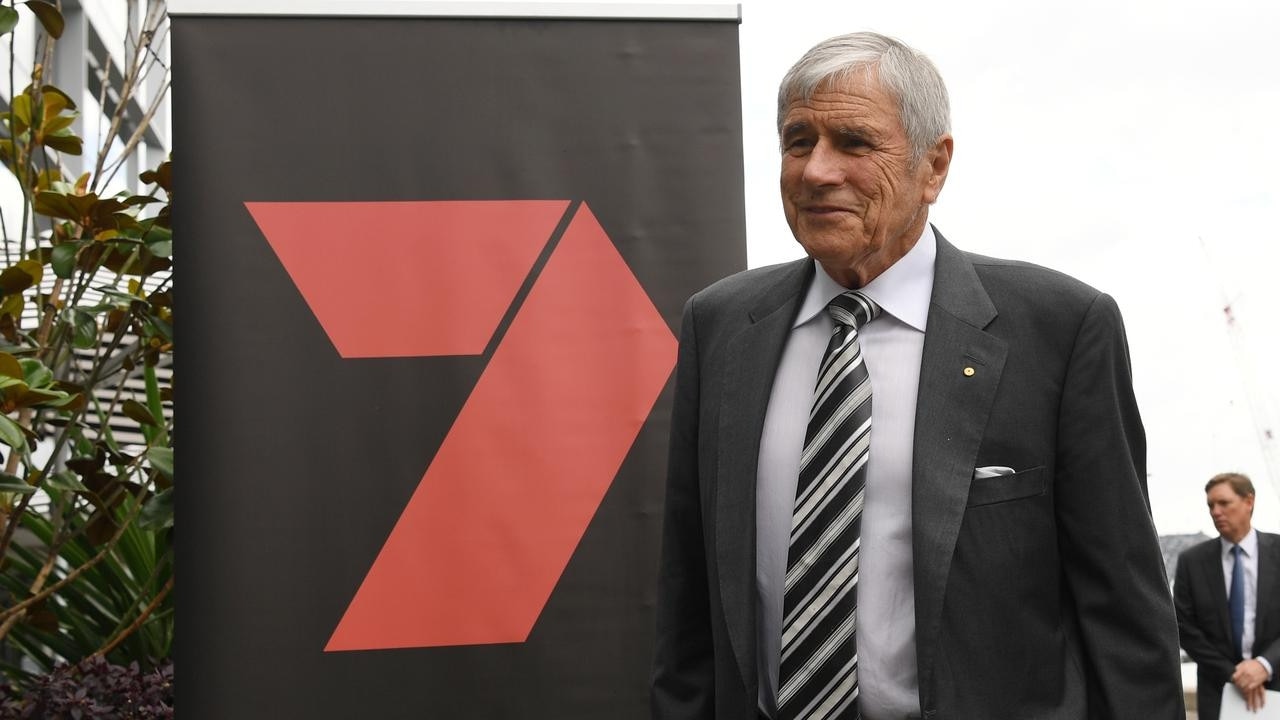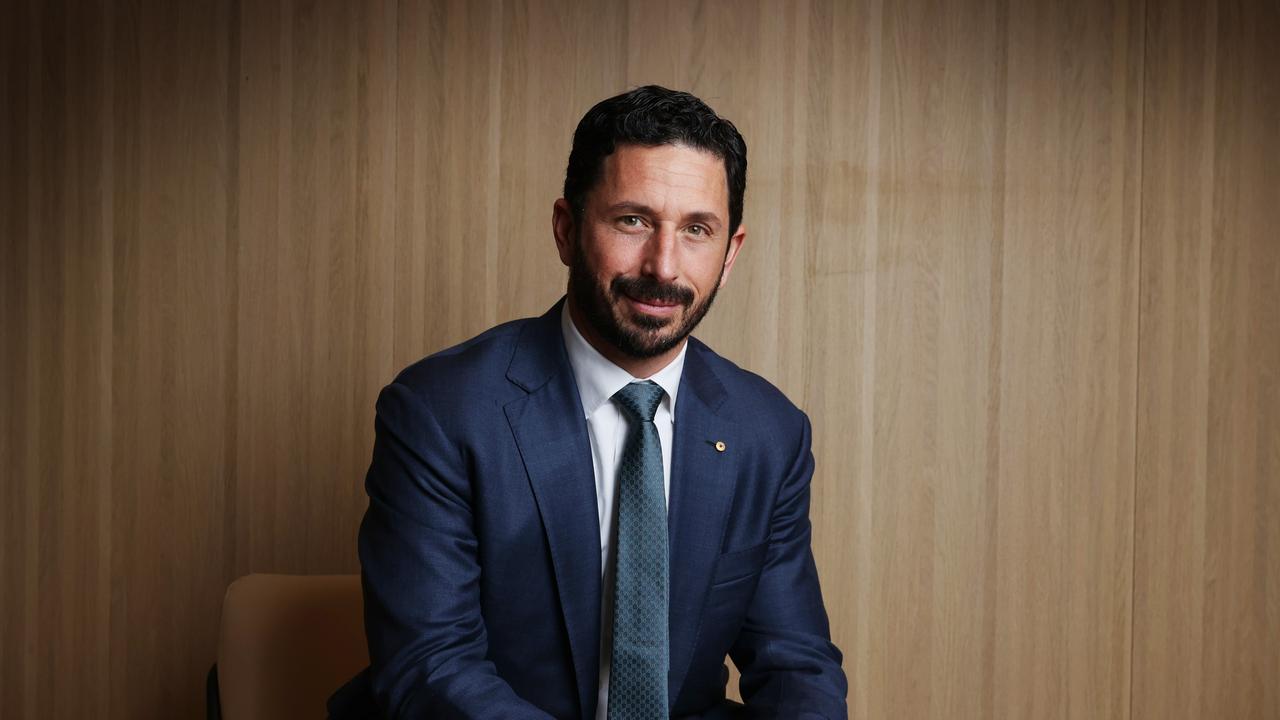St Baker still backing Tritium despite $100m loss
Trevor St Baker says he is looking to support the electric vehicle fast-charging firm despite recently losing big on the spectacular failure of the Brisbane manufacturer.
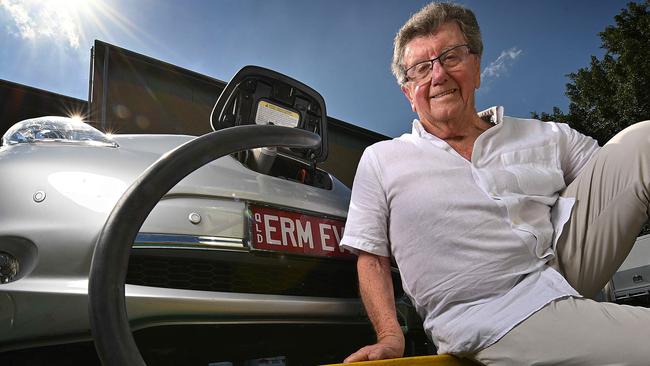
Renewable energy rich-lister Trevor St Baker says he is looking to support the new owners of electric vehicle fast-charging firm Tritium despite losing $100m in the spectacular failure of the Brisbane manufacturer last year.
Indian electronics giant Exicom paid $45m for Tritium in August, bringing it out of administration and saving hundreds of jobs at its Brisbane headquarters, but leaving creditors including Mr St Baker empty-handed.
Exicom, India’s largest manufacturer of electric vehicle chargers, said the acquisition would allow it to unlock long-term growth and expand its global footprint.
About 300 jobs were retained at Tritium’s base in Brisbane, which had previously been spruiked by Prime Minister Anthony Albanese as the future of advanced manufacturing.
Mr St Baker, a former director and financial backer of Tritium, lost about $100m in the collapse, but said he was open to working to help the firm as it sought to get back on its feet.
Mr St Baker said Tritium still had the best fast-charging technology in the world and his renewable investment flagship StB Capital Partners would look to assist it in some way. “That may involve a joint venture or something similar,” said Mr St Baker.
StB Capital Partner’s portfolio includes Evie Networks, which uses Tritium technology in its extensive network of EV fast-charging stations around the country.
Mr St Baker has criticised Australian governments for not backing Tritium when it sought a financial lifeline last year. “Australian bureaucrats were not prepared to back co-investment in Tritium with local investors,” he said.
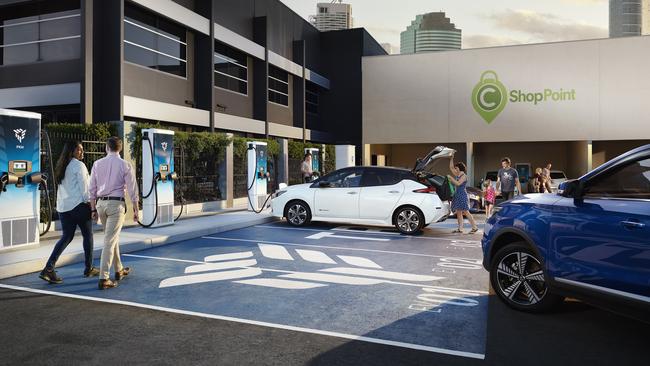
“We have the French government backing French companies, the German government backing German companies and the Italian government backing Italian companies. But in Australia the government would prefer to support quarries.”
Once valued at $2bn on the Nasdaq, Tritium had gained traction in the global EV fast-charging market and was feted by the White House.
Exicom chief executive Anant Nahata said it would take about 12 months to fully integrate Tritium with the rest of the company and return it to competing in the global market.
“We see a huge value accretion in revenue and in profitability over the course of five or six years, as we take our ambitions forward not only in India, but on a global scale,” said Mr Nahata. “Tritium’s technology is the future in EV charging at least for the developed world, but even for the developing world.”
Mr St Baker said he was looking to further expand other renewable energy firms in StB Capital Partners’ portfolio, including StB Giga, which is building a $10m lithium-ion battery manufacturing plant in The Philippines to provide storage back-up for millions of homes and businesses.
Mr St Baker is leading investment in the battery storage plant, to be built in the free-trade zone of the Filinvest Innovation Park, New Clark City. The factory would begin commercial production in the first quarter of next year with capacity to produce up to 1.2 gigawatt hours by 2030. One gigawatt is enough to power a medium-sized city.
Mr St Baker has backed the development of nuclear energy in Australia, saying it was “absurd” to retain a ban in the face of a broken power sector.
He said the country’s ageing coal-fired power stations would be needed longer unless more dispatchable generation, including nuclear, could be developed.
“We are not nuclear advocates, but it is absurd it is outlawed in Australia,” Mr St Baker said. “Nuclear should be part of the mix.
“It’s not going to be here tomorrow, but it will be here well before 2040. Ageing coal-fired power stations can’t be retired until there is an alternative.”
The Australian Radiation Protection and Nuclear Safety Act 1998 and the Environment Protection and Biodiversity Conservation Act 1999 prohibit the development of nuclear power.
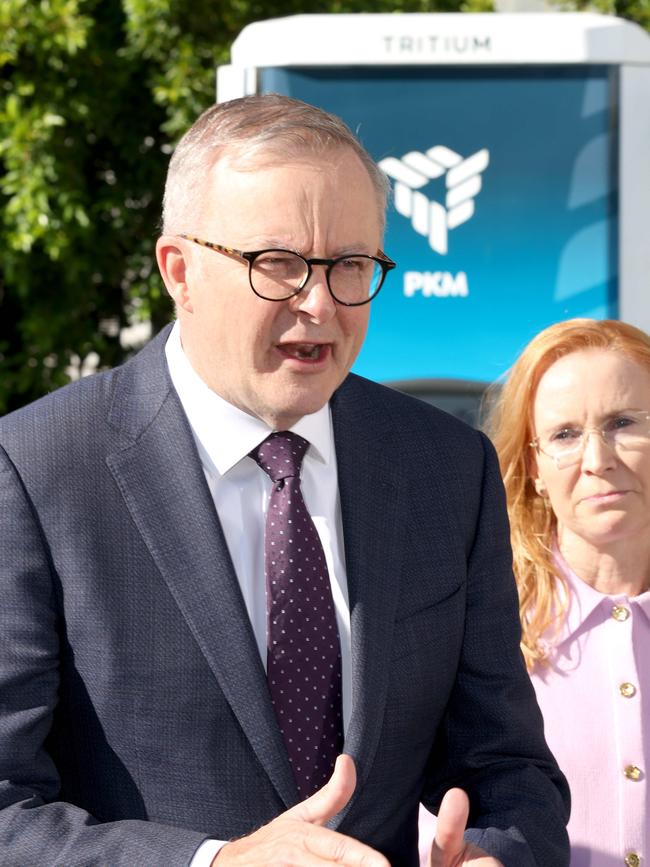
Mr St Baker also backed plans for a government-owned national electricity commission, which would play a key role in the development of nuclear power in the country.
“The best support to efficiently grow renewables is with a national government-owned electricity commission that will help complement the new nuclear share of the generation mix,” he said.
He said similar electricity commissions in the past had allowed Australia to produce some of the cheapest power in the world. “The current system is broken,” Mr St Baker said, adding there was a need for more bipartisanship on energy policy.



